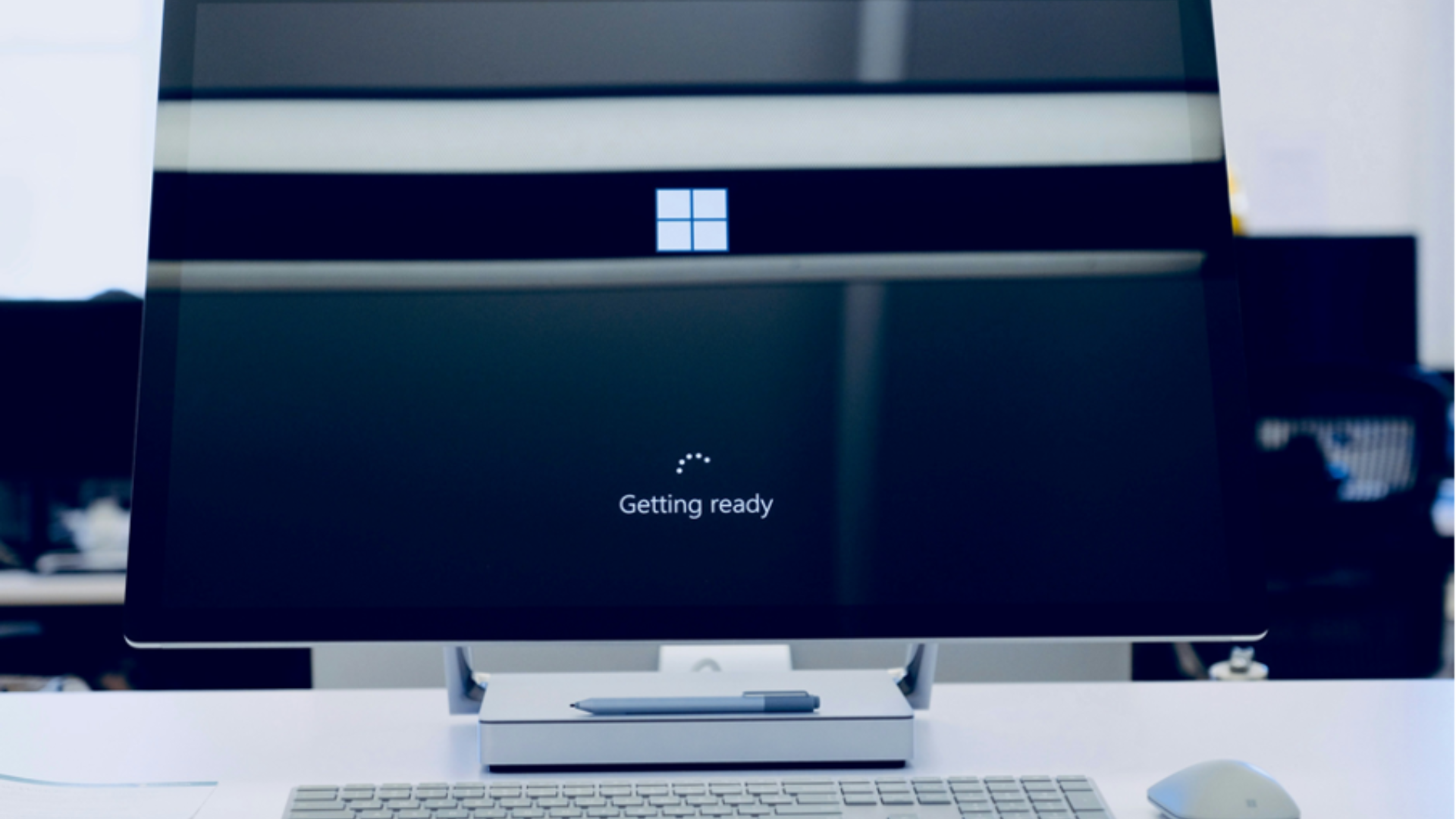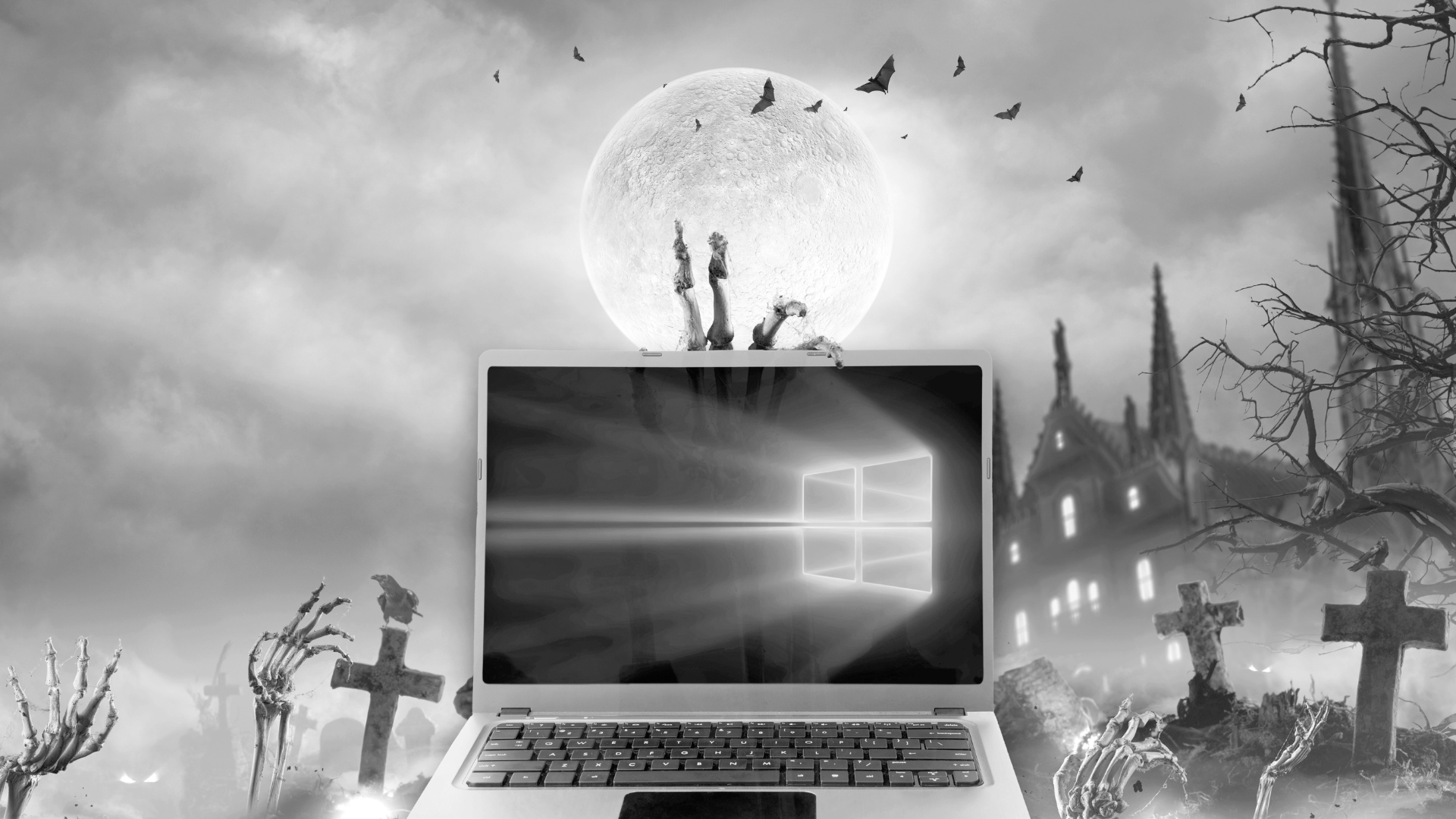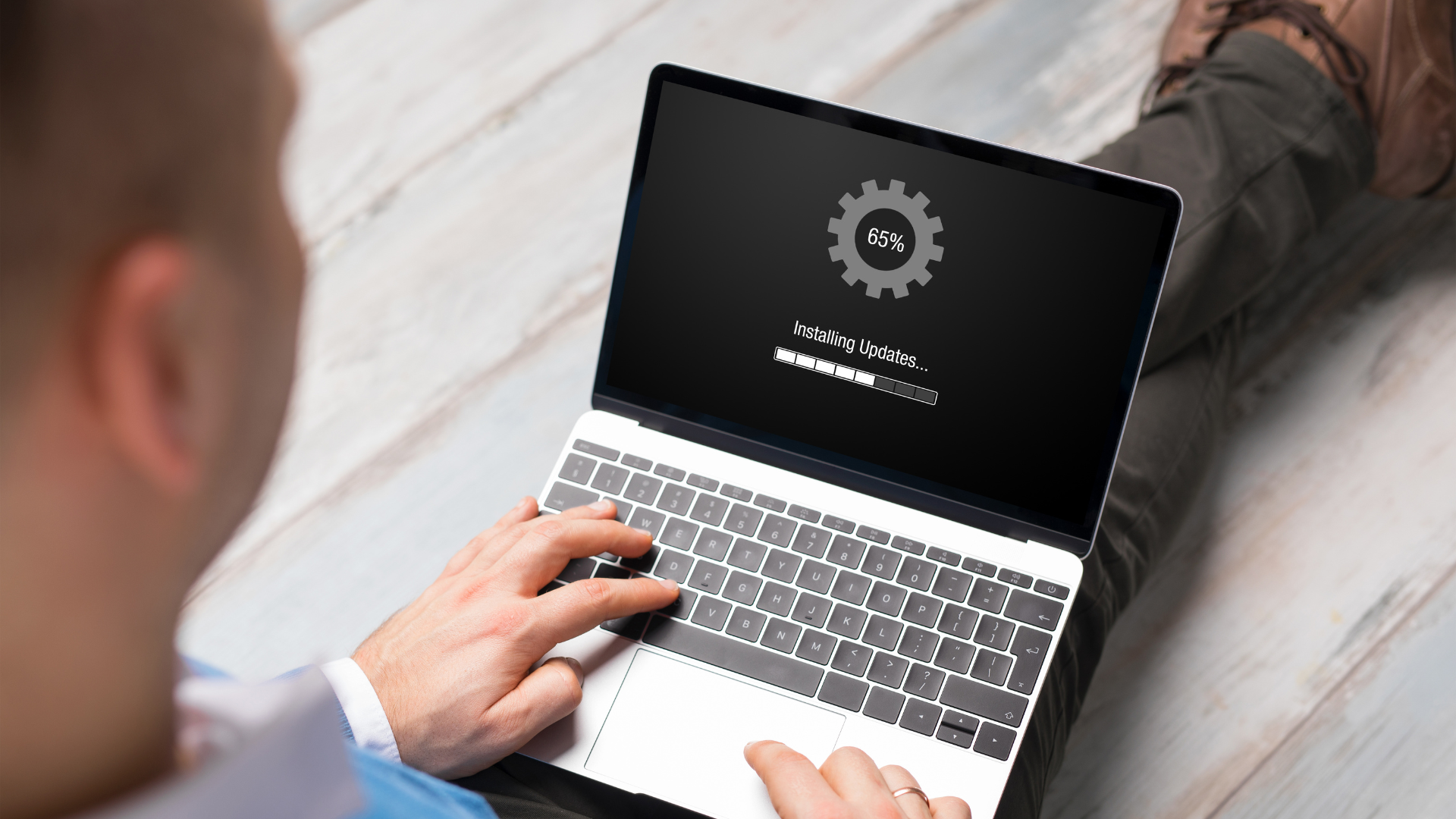Windows 10: The Final Countdown – It's Time to Upgrade Your PC
Windows 10 has faithfully served us, but its time is ticking away. Microsoft has set the end of support for Windows 10 on October 14, 2025. This...
As Windows 10 approaches its end of life in 2025, Windows 11 is rapidly gaining market share. As of August 2024, Windows 11 holds over 31% of the Windows market share, and that number is expected to rise quickly as more users transition to the new OS.
Whether you’ve already upgraded or are planning to do so soon, Windows 11 offers several features designed to boost productivity. To help you make the most of them, here are 10 essential tips to optimize your Windows 11 experience.
While the Start Menu may seem like a simple feature, it serves as the gateway to all your applications and settings. Customizing it can help streamline your workflow, saving you valuable time. Here's how you can optimize the Start Menu for better productivity:
Right-click on any app and select Pin to Start to keep your most-used applications at your fingertips.
You can drag and drop apps on top of each other to create folders. Organize these folders by task or category for easier access.
Navigate to Settings > Personalization > Start to customize which folders appear in your Start Menu and adjust the layout to your liking.
Virtual desktops in Windows 11 are a game-changer for organizing different tasks. With virtual desktops, you can easily separate your work from personal tasks, helping to maintain focus and reduce clutter.
Click on the Task View button on the taskbar or press Win + Tab. Then, click on New Desktop to create a new virtual workspace.
To move between virtual desktops, use the shortcut Ctrl + Win + Left/Right Arrow to quickly toggle between them.
Windows 11 introduces Snap Layouts and Snap Groups, powerful features designed for multitasking. These tools help you arrange windows side by side for maximum efficiency and reduced app-switching time.
Hover over the maximize button on any window to see available snap layouts. Choose a layout to snap the window into place.
Snap multiple windows into a layout, and Windows 11 will remember the group. Hover over taskbar icons to see and restore the snap group whenever needed.
Focus Assist helps you stay focused by minimizing distractions, making it easier to concentrate on the task at hand.
Search for Focus in the taskbar and click on Focus Settings. From there, you can choose your preferred options and activate a focus session.
Configure automatic rules for Focus Assist, such as activating it when duplicating your display or playing a game, ensuring you stay undistracted at key times.
Widgets in Windows 11 provide quick access to personalized content, including news, weather, calendar events, and more.
Click on the Widgets icon in the taskbar or press Win + W to open the widgets panel.
You can add or remove widgets, adjust their size, and reorder them according to your preferences.
A well-organized taskbar can greatly improve your productivity by reducing clutter and providing quicker access to your most-used apps.
Right-click on any app and select Pin to taskbar for faster access.
Right-click on the taskbar and choose Taskbar settings. From here, you can customize the taskbar behavior, such as hiding it in desktop mode or showing badges on taskbar buttons.
Keyboard shortcuts are one of the quickest ways to improve productivity in Windows 11. Once you learn your favorite shortcuts, using them will become second nature. Here are some of the most useful:
- Win + E: Open File Explorer
- Win + I: Open Settings
- Win + D: Show or hide the desktop
- Win + L: Lock your PC
- Alt + Tab: Switch between open apps
Optimizing your power and battery settings can improve your device’s performance and extend battery life, especially when working without a power connection.
Go to Settings > System > Power & Battery to choose a power mode that balances performance with battery conservation.
Enable Battery Saver when your device is low on power or when you need to conserve battery for an extended period.
Windows 11 includes a built-in tool called Storage Sense that automatically manages disk space by deleting unnecessary files, helping to keep your system running smoothly.
Go to Settings > System > Storage to turn on Storage Sense and configure it to run automatically.
Set up automatic schedules for tasks like deleting temporary files, emptying the recycle bin, and removing unused files to keep your system optimized.
Windows 11 offers several accessibility features designed to improve the user experience and make your computer more accessible. These can also enhance your productivity by reducing strain and providing easier ways to interact with your PC.
Activate the Magnifier tool by pressing Win + Plus to zoom in on specific parts of your screen for better visibility.
Enable Narrator to have text read aloud. Go to Settings > Accessibility > Narrator to turn this feature on.
Enable High Contrast Mode to improve visibility for those with visual impairments. This can be activated through Settings > Accessibility > High Contrast.
At TotalCare IT, we’re committed to helping you maximize your productivity with the latest tools and technologies. If you're looking for more ways to optimize your workflow or need assistance with your IT setup, don't hesitate to look at more of our blogs or reach out to our team of experts.

Windows 10 has faithfully served us, but its time is ticking away. Microsoft has set the end of support for Windows 10 on October 14, 2025. This...

If your business is still running on Windows 10, pay attention.

In a world where technology constantly evolves, Microsoft stands at the forefront. It continues to pioneer innovations. Innovations that transform...